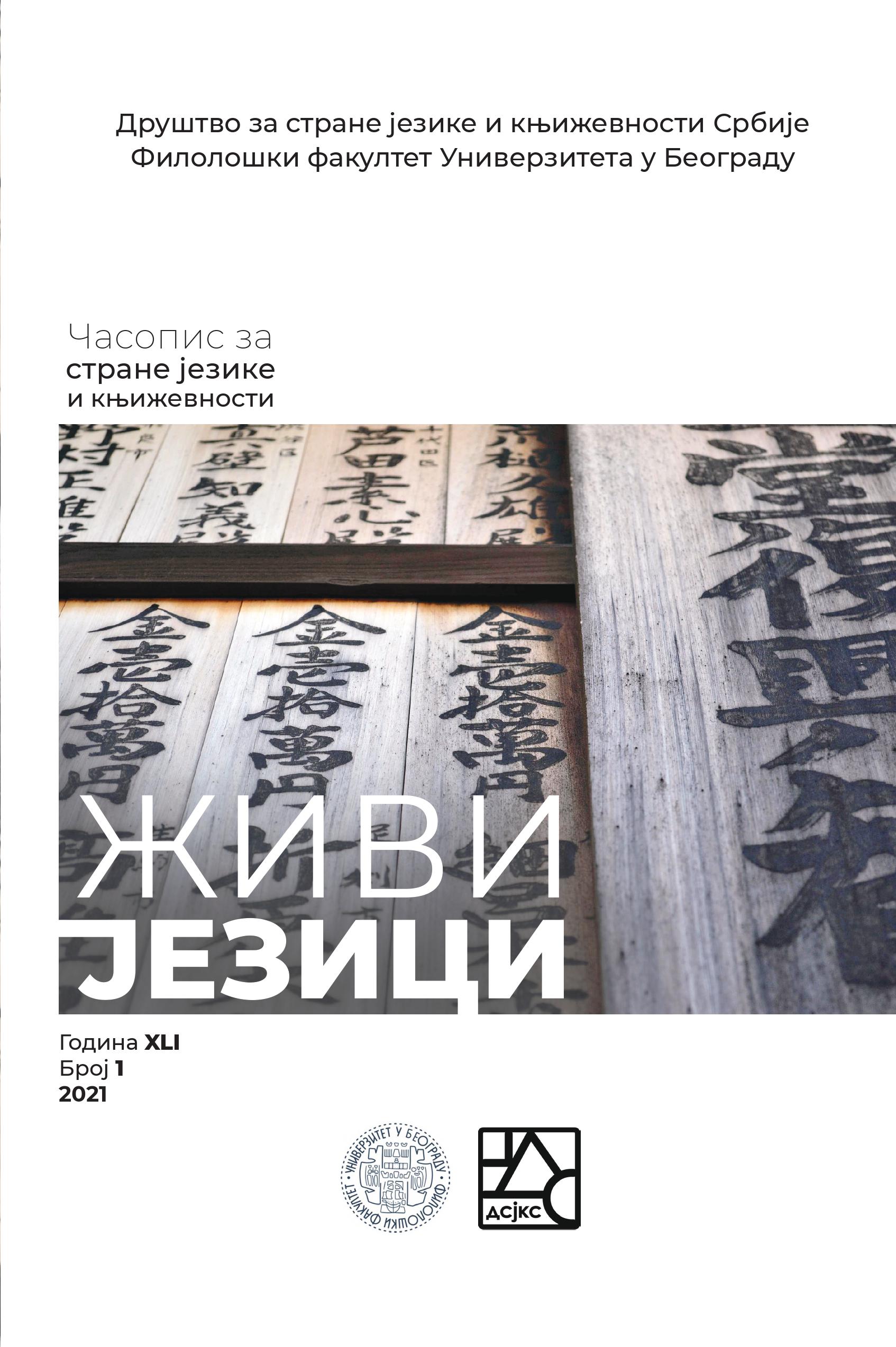ACQUISITION OF EPISTEMIC AND DEONTIC MODALITY IN SERBIAN
DOI:
https://doi.org/10.18485/zivjez.2021.41.1.1Keywords:
deontic modality, epistemic modality, first language acquisition, Serbian language, cross-linguistic differencesAbstract
This paper describes the results of an experimental study of the acquisition of deontic and epistemic modality performed on a sample consisting of adult and ten-year-old native speakers of Serbian. The results showed that at this age children had only partially acquired the system of modal meanings: although deontic modality constituted a separate group of meanings in their responses, the children were unable to distinguish epistemic from deontic and dynamic modal meanings. On the other hand, adult respondents were able to generate relatively homogeneous categories of meaning and describe them in abstract terms. However, the presence of marked context effect (to which younger respondents were particularly susceptible) may limit finding generalizability.


